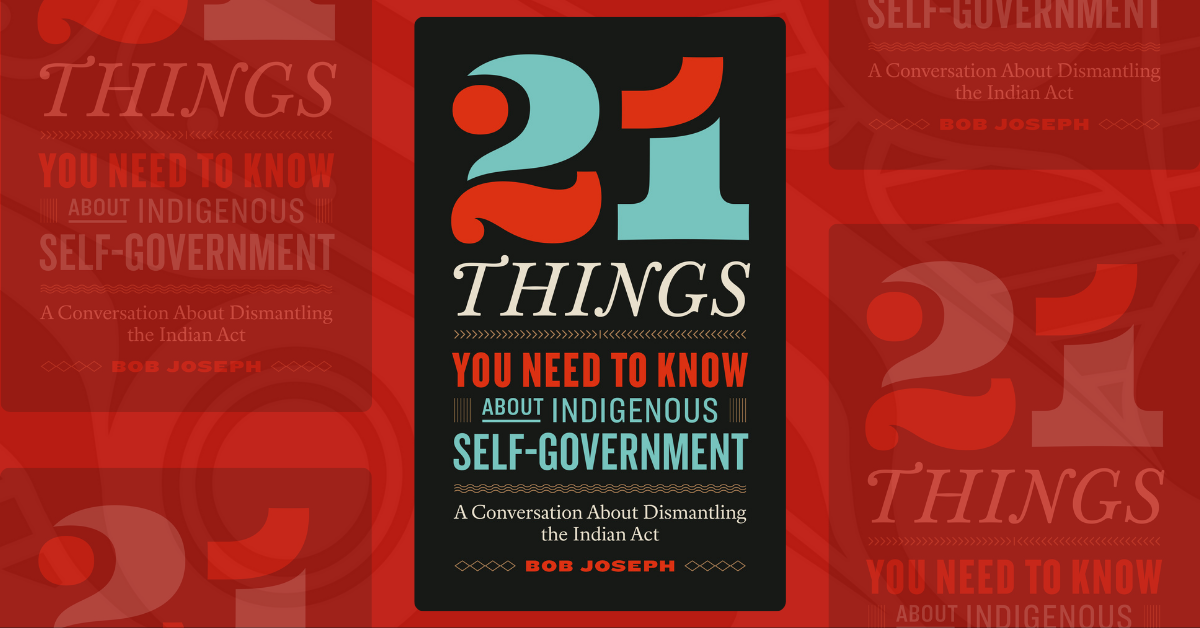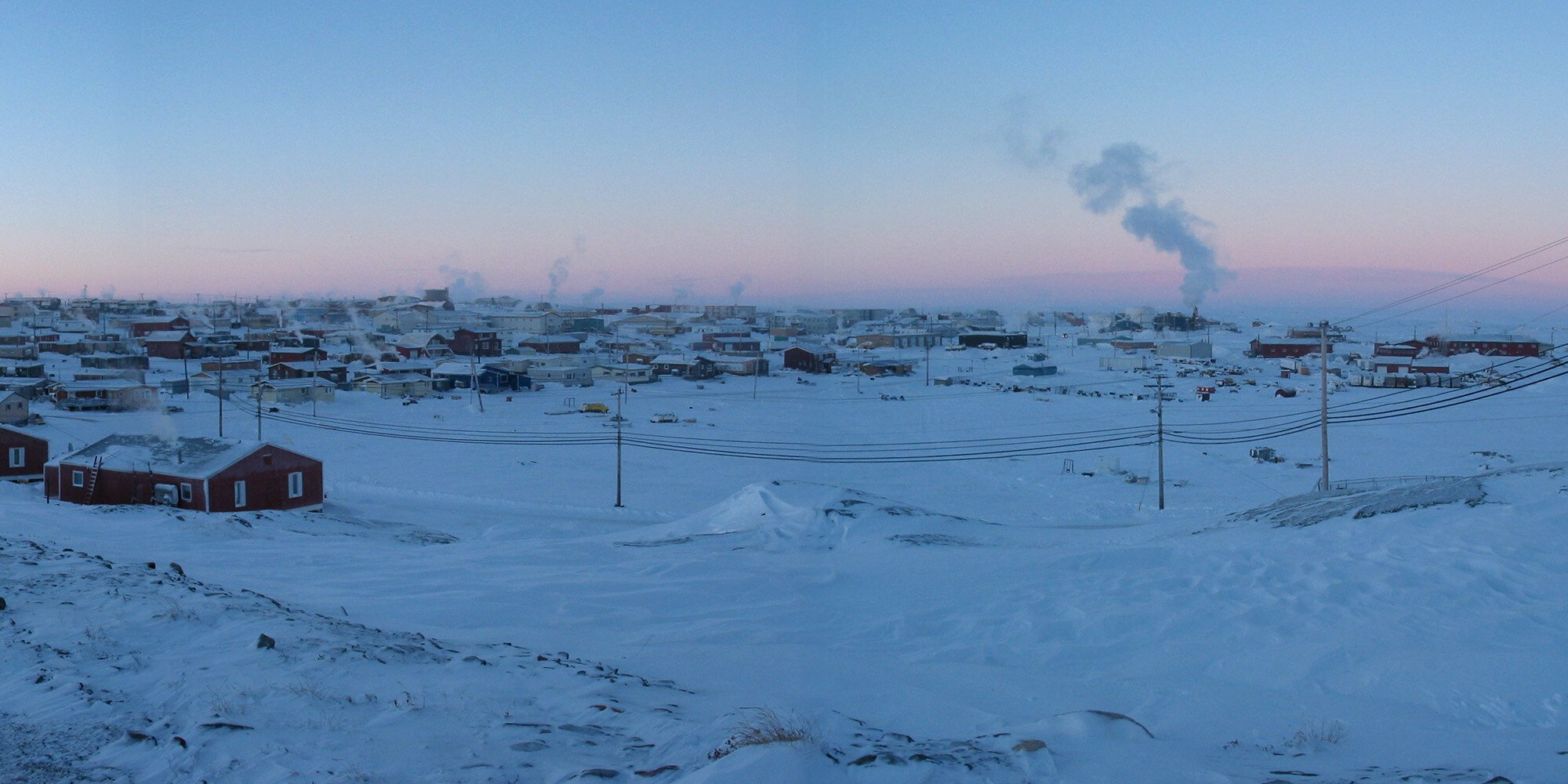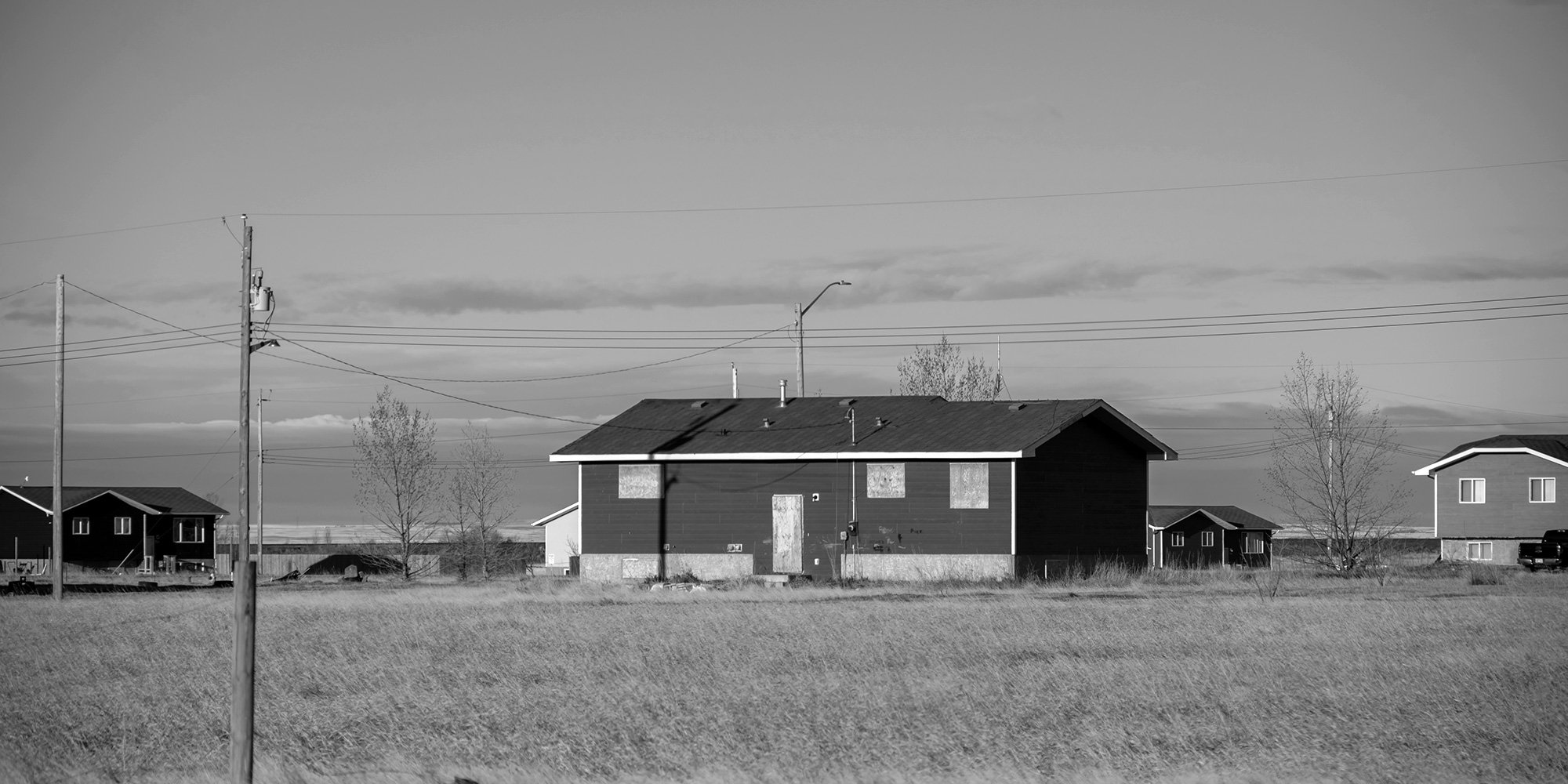2 min read
Why This Book and Why Now?
While writing my new book, 21 Things™ You Need to Know About Indigenous Self-Government, many people asked me, “why this book and why now?” The...

2 min read
While writing my new book, 21 Things™ You Need to Know About Indigenous Self-Government, many people asked me, “why this book and why now?” The...

4 min read
During his campaign and upon taking office in January 2025, the President of the United States announced his intent to impose tariffs on imported...

4 min read
Many educational programs and documents that recount the history of Indian Residential Schools in Canada will state that 1996 was the year that...

5 min read
The impact of climate change has been felt across Canada as unprecedented heat domes, atmospheric rivers, and forest fires ravage the landscape. It’s...

5 min read
When we prepare an article for our blog, Working Effectively with Indigenous Peoples®, we put considerable thought into the title - how will it...

4 min read
The suicide rate among First Nations people was three times higher than in non-Indigenous populations between 2011 and 2016 in Canada. Among First...

4 min read
Unintentional injuries are the leading cause of death in Canadian Indigenous children and youth, occurring at rates three to four times the national...

4 min read
The incarceration rate of Indigenous peoples in Canada should be labelled a national crisis. The flaws in the justice system are insidious and...

3 min read
Indigenous Canadians earn about 70 cents for every dollar made by non-Indigenous Canadians, according to Canada's income data. This is a very...

4 min read
Indigenous People face the worst housing outcomes in the country. Hon. Marc Miller, Minister of Crown-Indigenous Relations [1] To understand the...